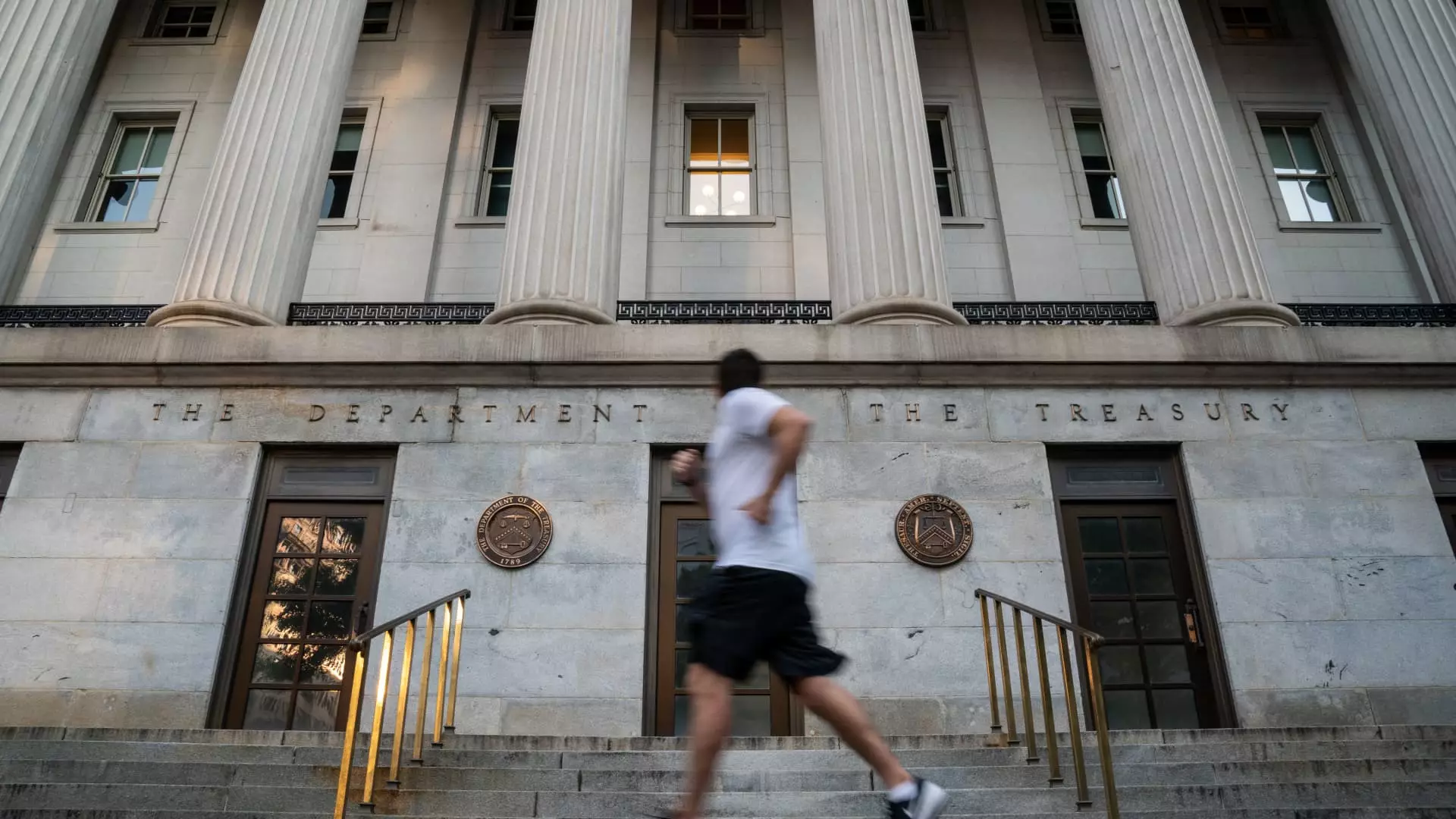In a surprising turn of events, the U.S. Department of Treasury has scrapped the requirement mandating small businesses to report ownership information, essentially throwing a wrench into the gears of accountability invoked by the Corporate Transparency Act (CTA). Passed in 2021, this law aimed to combat criminal activities that thrive in the shadows, particularly through the use of shell companies. By demanding clarity on who the “beneficial owners” of these entities are, the government purportedly sought to address critical issues like money laundering and tax evasion. Yet, with this latest reversal, it appears that the administration is choosing convenience over clarity, undermining the very foundation of what the CTA intended to establish.
The full ramifications of this policy shift extend beyond mere bureaucratic headache; they could foster an environment ripe for illicit activities. Exempting U.S. citizens and companies from reporting diminishes the once robust safeguards against misuse of business structures, giving criminals an unexpected advantage. As highlighted by Erin Bryan, an attorney who specializes in consumer financial services, this alteration is akin to allowing the fox to guard the henhouse—too many shell companies are now free to operate in anonymity.
Distrust in the System
One cannot overlook the timing and implications of this decision. Just as the rule was set to go into effect, and under the specter of an ongoing judicial delay, the Treasury’s interim rule emerged to dilute the CTA significantly. It presents a curious case of bureaucratic negligence masked as rational policy-making. The Financial Crimes Enforcement Network (FinCEN), which operates under the Treasury, claims that the new measures will only affect about 20,000 entities—a minuscule fraction of the estimated 32.6 million previously targeted. This downsizing smacks of political maneuvering rather than sound public policy.
Moreover, the existing landscape already consists of substantial reporting requirements imposed internationally. Why does the U.S. wish to stroll even further down this treacherous path of regulatory abdication? Many in the global arena view this exemption as an aberration that signals an erosion of the U.S. commitment to combating financial crimes. The credibility of American businesses could be tarnished as foreign observers see this move as tacit approval of a laissez-faire approach to financial integrity.
The Burden vs. Benefit Debate
The Treasury argues that this decision reflects a “reassessment” of the trade-offs between the collection of ownership data and the burdens placed on businesses. While one cannot discount the concern for regulatory overload—especially for small enterprises stretching limited resources thin—it remains crucial to recognize the broader implications of trade-offs. The administration’s argument is an affront to economic responsibility; transparency should not be regarded as an unwelcome burden but rather as a civic obligation that enhances the trustworthiness of U.S. business practices.
Additionally, the potential civil penalties associated with the original rule, up to $591 a day, alongside criminal fines and prison time for violations, indicated a serious commitment to enforcement of regulatory framework. The current relaxation sends the message that the government is willing to turn a blind eye—and that could be detrimental not only to the integrity of American business but also to national security.
A Haven for Criminals
Scott Greytak from Transparency International expressed what many observers fear: this interim rule could serve as a hidden pathway for criminals seeking to exploit U.S. businesses as fronts for illicit activities. By lightly regulating domestic business structures while keeping foreign companies under scrutiny, the government risks creating a dichotomy that inadvertently shields domestic entities from oversight. This critical lapse could diminish the efficacy of laws intended to protect citizens and fortify economic systems against corruption.
As the U.S. moves closer to finalizing this new regulation, stakeholders must ask themselves if they are comfortable with the extent of erosion in regulatory mechanisms. A system designed for transparency should evolve to protect the public—certainly not retreat. The implications of this decision, both immediate and far-reaching, demand robust public discourse to ensure that financial integrity in the U.S. isn’t merely a talking point but a solid practice upheld by robust regulation.

